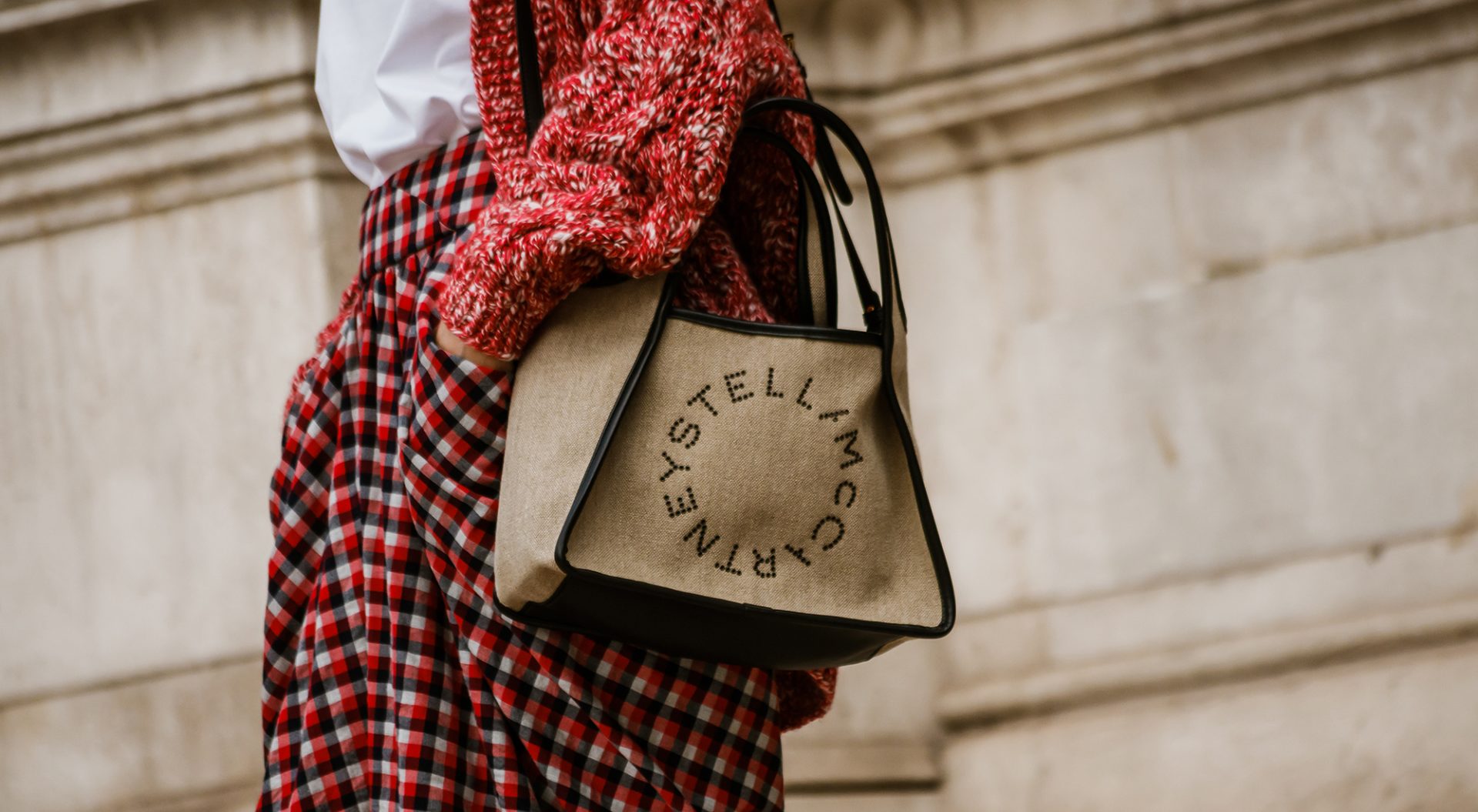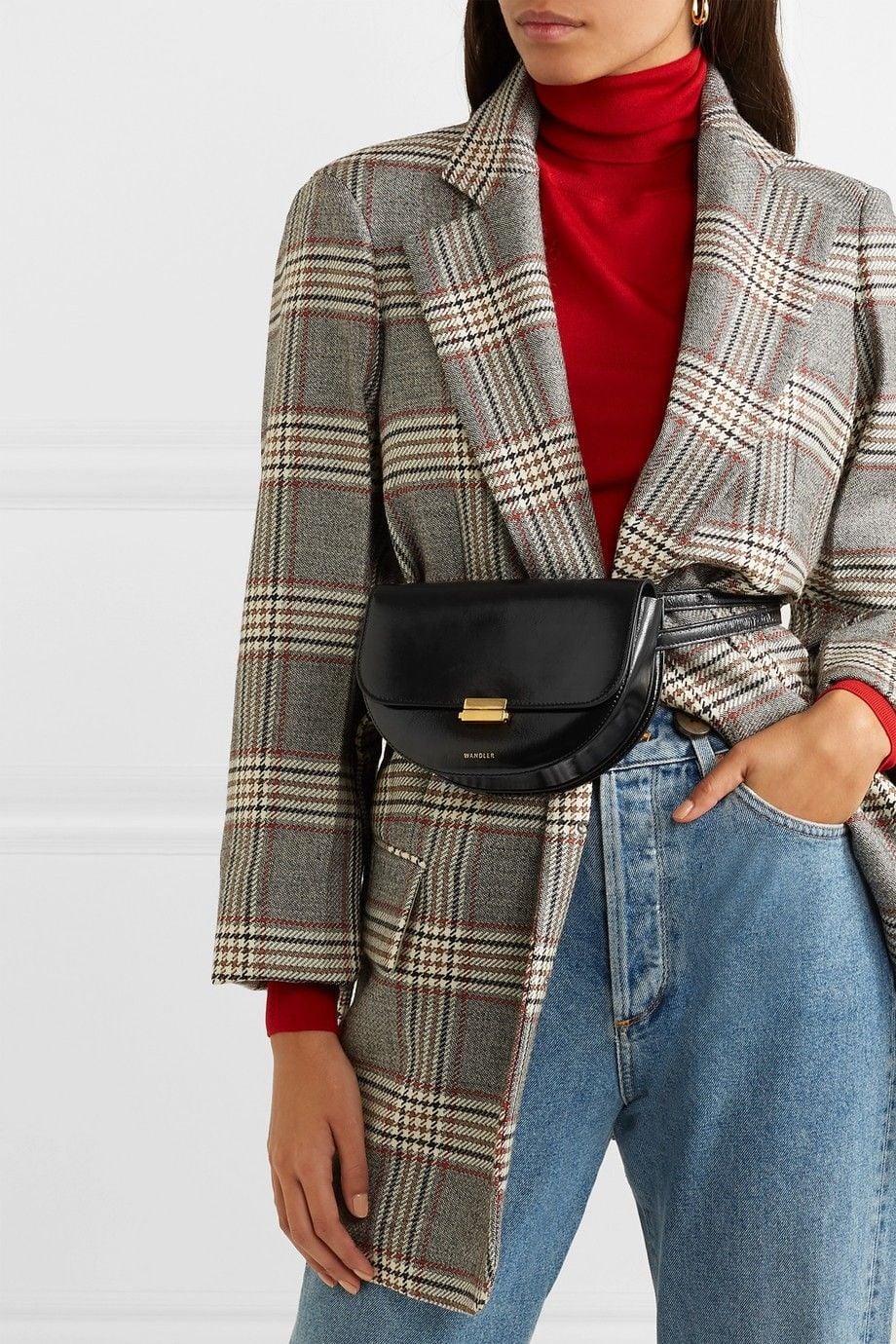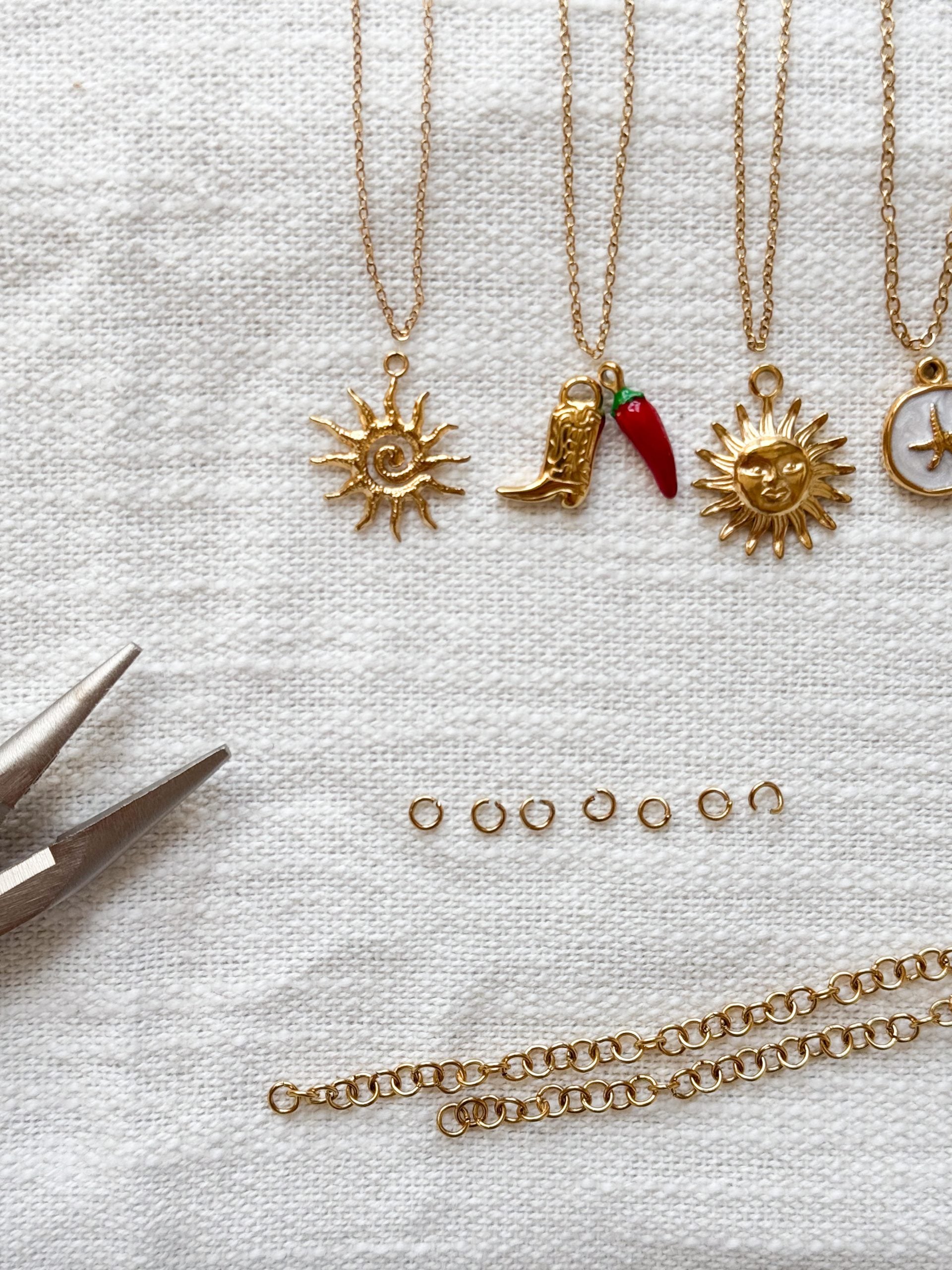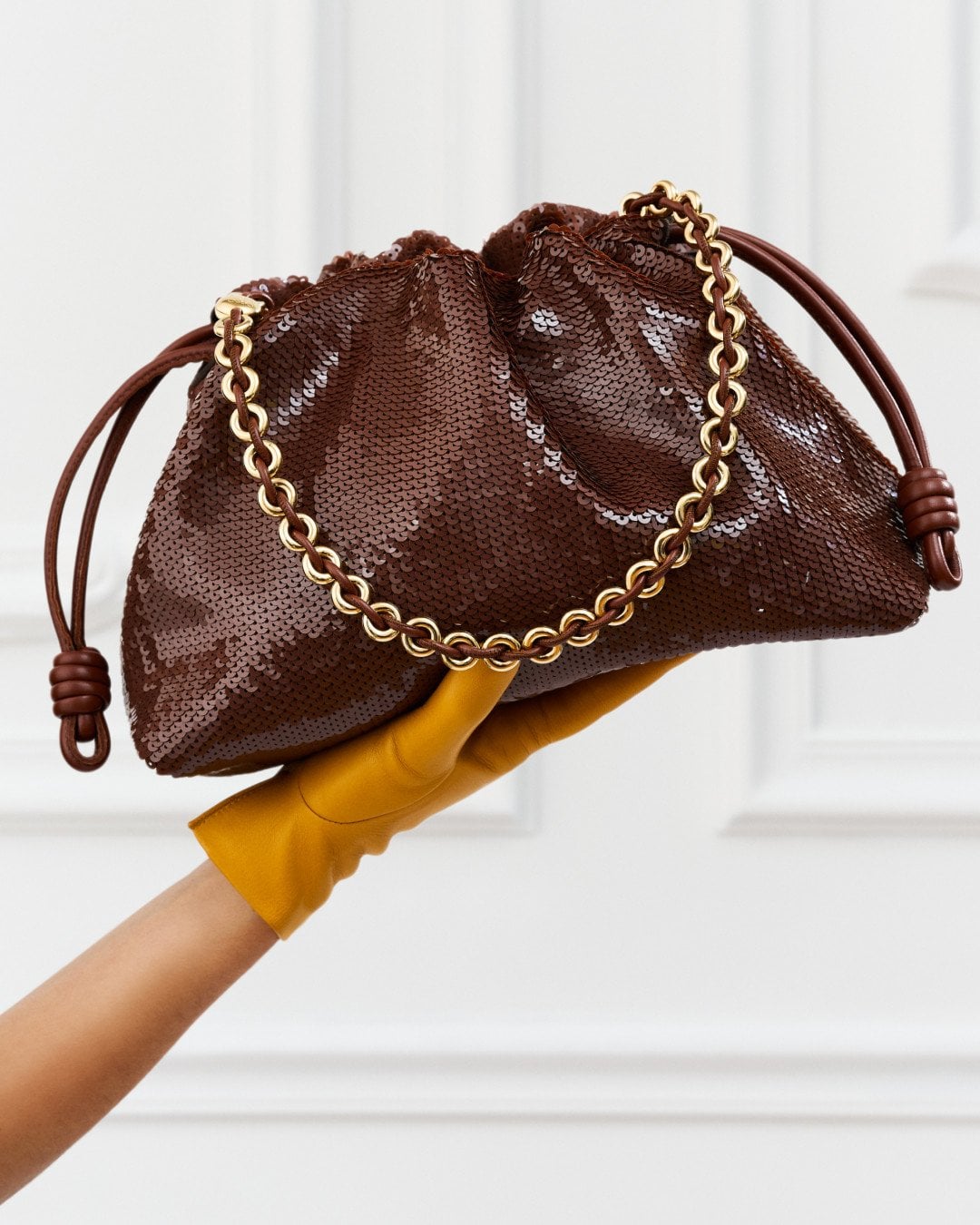
Vegan Leather: What is this alternative that is shaking up the fashion industry?
This publication is also available in: Français
Deutsch
Italiano
Español
English (US)
With changing customs and the awakening of collective consciousness, veganism is gaining momentum. In the face of this trend, vegan leather is on the rise. Let’s take a look at this ethical alternative that is shaking up the fashion scene.
With over 350,000 searches on Instagram, the hashtag #veganleather is trending! This trend of adopting vegetable leather is gradually taking root in a new model of consumption. One that aims not to buy compulsively, but rather to consciously acquire fashion pieces that align with our own values.
In the past, veganism mainly focused on excluding animal products from our diet, but today it goes beyond that. Vegans now want to buy clothes that align with their values, meaning clothes that are part of an ethical, responsible, and cruelty-free approach. On the other hand, brands are increasingly adapting to this green demand and designing innovative and plant-based collections.
What is this new cruelty-free trend? How is it disrupting the fashion industry? We’ll explain everything about vegan leather.
No, vegan leather doesn’t exist
Let’s go back to basics, leather is a material obtained through a process of transforming animal skin, called tanning. While leather is the result of a traditional process and historical know-how, it is still criticized. With a constantly evolving textile market, new trends emerge. Publicized under the name vegan leather, the term for this ethical alternative is nonetheless incorrect.
Indeed, if we want to be impartial, consuming vegan leather is a misconception because, by definition, vegan leather does not exist. According to the Conseil National du Cuir, “The use of the word ‘leather’ […] is prohibited in the designation of any material other than that obtained from animal skin through tanning or impregnation that preserves the natural form of the skin fibers.” Therefore, terms like vegetable tanning, vegetable leather, or vegan leather are nonsense.
So, what do we mean by vegan leather?
“New leathers”, an overview of these new directions
Starting from the principle that leather is made from animal skin, vegan leather does not exist because, by definition, it excludes any trace of animal presence (are you still following us?). So, by vegan leather, we mean all alternatives that encompass substitute materials for leather.
We can distinguish them into two main categories:
- Synthetic materials: Polyurethane is the most commonly used synthetic fiber to replace animal skin;
- Plant-based materials: Pineapple, mushrooms, apples, cork, or even grapes are the new 100% organic alternatives to traditional leather. Very trendy, they surprise and offer a strategic and committed choice for brands in the fashion industry. The goal? To extract them in a way to create a nearly perfect replica of leather, but without the drawbacks.
Why replace animal leather?
Once praised for its nobility and the craftsmanship it requires, traditional leather is now the subject of criticism. And that’s why the emergence of plant-based options is so appealing.
3 main reasons support consumers’ choice for a cleaner alternative:
- Animal cruelty: Unlike leather production, which relies on traditional livestock farming, the use of “green” fibers excludes all forms of animal involvement. According to PETA, over 1 billion animals are killed each year in atrocious conditions to serve the leather industry, including cows, goats, dogs, and cats.
- Environmental pollution: The presence of chemicals in leather tanning is directly discharged into wastewater and ends up in the soil. In addition, Greenpeace reveals that 14.5% of global greenhouse gas emissions result from livestock farming, which is used for both our food and the textile industry.
- Human ethics: Chrome-tanned animal hides are harmful to both users and workers. Tanneries are among the 10 most harmful industries to human health. Thus, developing countries like India do not comply with human standards and expose workers to high health risks.
Veganism, a thriving market
With the arrival of the vegan movement in France, the market has transformed, increasingly adapting to consumer needs. The textile industry is no exception, aiming to accompany consumers towards ethical consumption. Although analyses are scarce, there is still a positive progress towards what we can call vegan fashion.
For example, the Veganuary movement last January, challenging people to adopt a plant-based lifestyle for a month, raised more awareness. In France, for instance, there has been a 12% growth in so-called “vegan” products. With the goal of becoming the capital of sustainable fashion by 2024, France is expected to expand its offer.
And what about the luxury market?
High-end fashion houses play a major role in the fashion scene. Presented as examples, they directly or indirectly impact the changes in the textile industry. When it comes to alternatives to leather, the situation is mixed.
According to Edited, a marketing analysis website, only 2.3% of “vegan” women’s articles are available on the market in the United Kingdom and the United States. But this doesn’t take into account the emergence of contemporary brands that are gaining ground to shape the fashion of tomorrow.
Vegan leather, the revolution is online
Although the growth is modest, we can see a small revolution in the traditional leather market. Is it just a marketing effect or a real desire for change? Brands are experimenting and embracing the concept of vegan leather.
The examples of brands that are embracing vegan fashion are multiplying. Remember, Hugo Boss launched a collection of 100% vegan sneakers made from Piñatex, that famous alternative to leather made from pineapple fibers. The CONDOR Sneaker also brought joy to many. Considered the first “post-petroleum” running shoe, this sneaker was made from 53% materials of organic and recycled origin. Finally, Stella McCartney, the pioneer of vegan fashion since its inception in 2001, is a source of inspiration and development for all supporters of veganism.
As you can see, the market for vegan leather is undergoing a transition. Although the battle is far from won, changes are happening, consciousness is awakening, and brands are increasingly committed to innovative approaches to collectively build the fashion of tomorrow.
Modalova, a fresh perspective on fashion.



